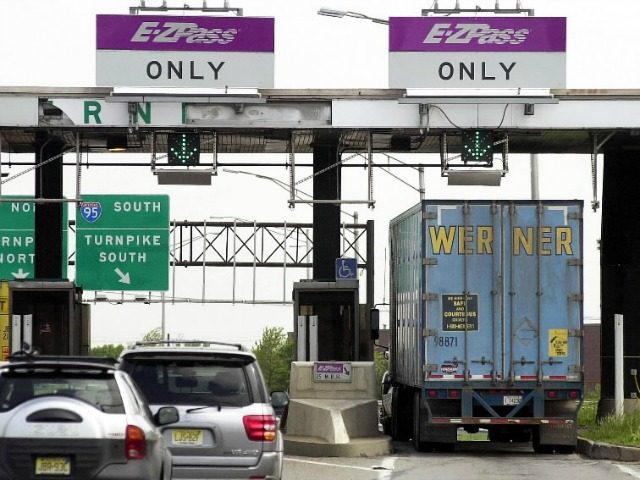A report released by the Department of Homeland Security’s Office of Inspector General flew under the radar when it was released in early fall but it has significant implications for border security as the United States turns to foreign truck drivers to address the supply chain crisis.
The report stated its findings:
U.S. Customs and Border Protection (CBP) does not always ensure only low-risk drivers participate in its Free and Secure Trade (FAST) program. According to CBP’s policy, CBP vets drivers using a point-based standard and must resolve all disqualifying factors prior to approving applicants. However, CBP approved 45 of 368 (12 percent) drivers active during fiscal year 2019 with potentially disqualifying records who may not be considered low risk. CBP approved these drivers when it did not accurately apply standards or resolve all disqualifying factors. This occurred because CBP’s policies do not provide adequate guidance or procedures, which allows potentially high-risk drivers into the program increasing border security risks.
Chris Farrell, director of Investigations at Judicial Watch and Distinguished Senior Fellow at Gatestone Institute, wrote about the implications of the 34-page redacted report, titled “CBP’s FAST Program Exposes Borders to Security Risks.”
Farrell wrote:
Due to the agency’s “inadequate policies and procedures,” the probe found, drivers who should not have qualified for FAST clearance were allowed to participate. Investigators examined 8,859 active drivers during fiscal year 2019 and determined that 1,084 were ineligible and therefore “increasing border security risk.” Making matters worse, CBP approved 94% of foreign drivers with “potentially disqualifying records,” the report says. In those cases, federal agents failed to conduct full background checks because the U.S. government evidently does not have access to the necessary foreign databases.
The exact information is redacted but the report makes clear that the records required properly to vet foreign nationals — specifically Mexican citizens — is not available to CBP officers, and they “need access” to complete the appropriate security process to authenticate drivers as low risk.
Even when the criminal history of a candidate is available from another U.S. federal law enforcement agency, CBP apparently cannot access it. Instead of rejecting the foreign driver in question out of an abundance of caution, the agency simply rubber-stamps the candidate without additional screening. To illustrate this incredible, but very common, lack of cooperation within American law enforcement agencies, the Inspector General offers the case of two Mexican nationals determined to be “ineligible.” Both were approved for FAST despite having extensive FBI files, in addition to what redacted portions seem to indicate are substantial criminal histories in Mexico. But evidently CBP and the FBI do not share information.
“FBI records did not allow Enrollment Center officers to assess the drivers’ risk prior to approving their participation in the program,” the report states.
“Given the Biden administration’s penchant for open borders, minimal law enforcement and lax security, it appears that nothing will be done to protect the American public — short of a disaster or terror attack,” Farrell concludes.
The OIG report makes recommendations on how DHS should analyze and tweak its FAST program accordingly.
Follow Penny Starr on Twitter

COMMENTS
Please let us know if you're having issues with commenting.